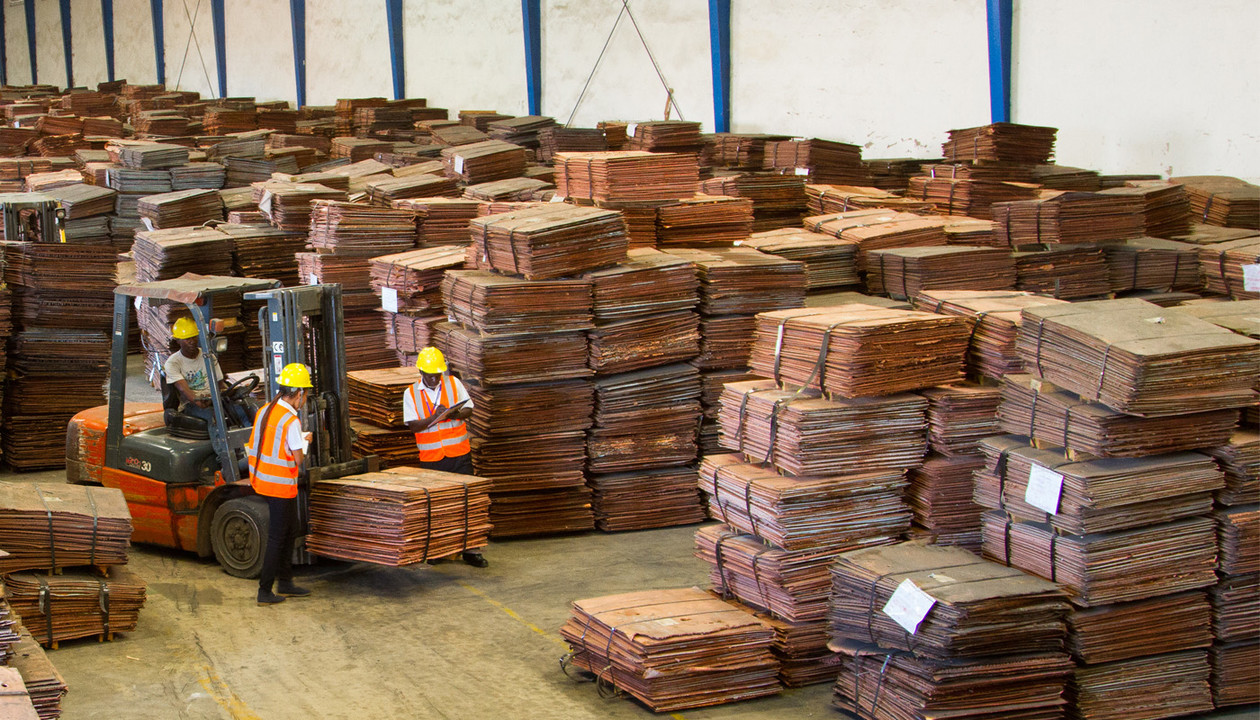Court halts Kenya duty on glass imports

What you need to know:
- In March 2020, Kenya amended its Excise Duty Act 2015 by imposing a 25 percent duty on imported glass bottles, save for glass bottles that are used to package pharmaceutical products.
Dar es Salaam. Dar es Salaam. The East Africa Court of Justice (EACJ) has halted the implementation of a 25 percent excise duty on imported glass bottles into Kenya from the other East Africa Community (EAC ) partner states after a Tanzanian firm challenged the decision.
In March 2020, Kenya amended its Excise Duty Act 2015 by imposing a 25 percent duty on imported glass bottles, save for glass bottles that are used to package pharmaceutical products.
Kioo Ltd - a Tanzanian firm engaged in the manufacture of glass containers for beverages and the food industry in East Africa - challenged the decision in the EACJ, arguing that the amendment would discriminate against glass products manufactured in the other EAC partner states against similar products manufactured in Kenya.
In the application, the company said imposition of the excise duty was a beach of various provisions of the EAC Treaty, the Customs Union Protocol as well as the Common Market Protocol.
The firm said the amendment gave preferential treatment to locally-manufactured glass bottles in Kenya - which are not subject to excise duty, - against similar products from Tanzania and the other EAC partner sates.
The regional court granted an interim order to prohibit the government of Kenya from implementing the amendment.
“Imposition of excise duty on your products meant that glass products from Tanzania became more expensive compared to similar products that are locally manufactured in Kenya - and, therefore, Kenyan companies refrain from importing glass products from Tanzanian companies, or are imported at a higher landed cost, which has a direct impact on their cost of doing business in Kenya,” the Court stated.
Kioo Ltd exports almost 60 percent of its production to the EAC partner states. “This ruling is expected to give a reprieve to other companies importing glass into Kenya from the EAC, as we wait for final determination of the matter,” said Faith Macharia, a lawyer and partner at ALN Kenya which represented the firm at the EACJ.
In March 2020, Kenya amended its Excise Duty Act 2015 by imposing a 25 percent duty on imported glass bottles, save for glass bottles that are used to package pharmaceutical products.
Kioo Ltd - a Tanzanian firm engaged in the manufacture of glass containers for beverages and the food industry in East Africa - challenged the decision in the EACJ, arguing that the amendment would discriminate against glass products manufactured in the other EAC partner states against similar products manufactured in Kenya.
In the application, the company said imposition of the excise duty was a beach of various provisions of the EAC Treaty, the Customs Union Protocol as well as the Common Market Protocol.
The firm said the amendment gave preferential treatment to locally-manufactured glass bottles in Kenya - which are not subject to excise duty, - against similar products from Tanzania and the other EAC partner sates.
The regional court granted an interim order to prohibit the government of Kenya from implementing the amendment.
“Imposition of excise duty on your products meant that glass products from Tanzania became more expensive compared to similar products that are locally manufactured in Kenya - and, therefore, Kenyan companies refrain from importing glass products from Tanzanian companies, or are imported at a higher landed cost, which has a direct impact on their cost of doing business in Kenya,” the Court stated.
Kioo Ltd exports almost 60 percent of its production to the EAC partner states. “This ruling is expected to give a reprieve to other companies importing glass into Kenya from the EAC, as we wait for final determination of the matter,” said Faith Macharia, a lawyer and partner at ALN Kenya which represented the firm at the EACJ.





